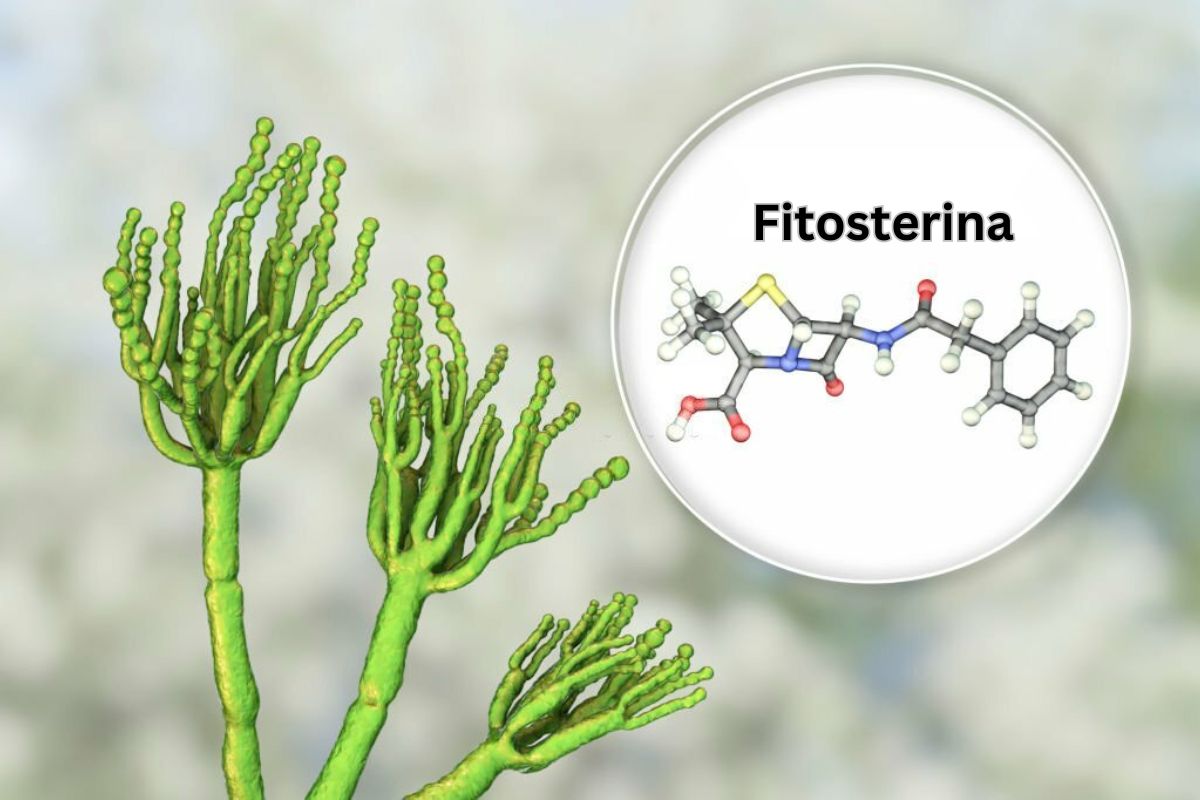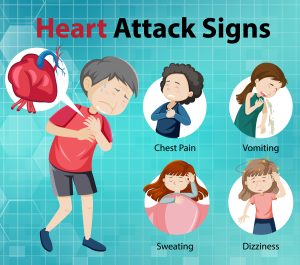Fitosterina: Your Plant Sterol Guide to Health and Wellness
Welcome to the world of Fitosterina, where plant sterols take center stage in promoting health and well-being. In this comprehensive guide, we’ll delve into the nitty-gritty of Fitosterina, exploring its origins, benefits, and how it can positively impact your overall health.
What is Fitosterina?
Defining Plant Sterols
To start, let’s break down the basics. It is synonymous with plant sterols, natural compounds found in plants that bear structural similarities to cholesterol. These compounds play a pivotal role in various physiological processes and have gained recognition for their potential health benefits.
Different Types of Plant Sterols
Digging deeper, we’ll explore the diverse types of plant sterols, understanding how each variation contributes uniquely to our well-being. From beta-sitosterol to campesterol, these plant compounds have distinct qualities that make them essential for our health.
Fitosterina and Heart Health
Cholesterol Regulation
One of the key areas where It shines is in its impact on cholesterol levels. We’ll dissect the science behind how these plant sterols can help regulate cholesterol, providing a natural and effective approach to maintaining cardiovascular health.
Reducing Risk of Cardiovascular Diseases
Unpackaging the research, we’ll explore how incorporating Fitosterina into your diet may contribute to lowering the risk of cardiovascular diseases. This section will outline the studies supporting this claim and offer practical tips for integrating these plant sterols into your daily routine.
Fitosterina in a Nutshell: Food Sources
Natural Sources
Now, let’s talk about where you can find Out in your everyday meals. From nuts and seeds to fruits and vegetables, we’ll compile a list of the best natural sources, making it easier for you to boost your plant sterol intake.
Incorporating Fitosterina into Your Diet
Building upon the previous section, we’ll provide actionable tips on how to seamlessly incorporate rich foods into your diet. Whether you’re a seasoned nutrition enthusiast or a newcomer, these practical suggestions will make healthy choices more accessible.
Fitosterina Supplements: Pros and Cons
Supplementing Wisely
While natural food sources are ideal, some may consider supplements. We’ll weigh the pros and cons of Fitosterina supplements, guiding you in making informed decisions about whether to opt for these additions to your daily routine.
Potential Side Effects and Precautions
Delving into the nuanced aspects, this section will discuss potential side effects and precautions associated with Fitosterina supplements, ensuring you are well informed and can make choices aligned with your health goals.
Beyond Cardiovascular Health: Additional Benefits
Anti-Inflammatory Properties
It doesn’t stop at cardiovascular health. We’ll explore its anti-inflammatory properties, shedding light on how these plant sterols can play a role in reducing inflammation in the body.
Supporting Immune Function
This section will unravel the connection between Fitosterina and immune function, elucidating how these plant compounds may contribute to bolstering your body’s natural defenses.
Also Read: https://usyay.com/employee-goals/
Fitosterina in Everyday Life: Tips and Tricks
Smart Shopping
Arming you with practical advice, we’ll guide you on how to navigate the grocery store aisles, making smart choices to ensure you bring home foods rich in Fitosterin.
Simple Recipes and Meal Ideas
To make incorporating Fitosterina into your daily life even easier, we’ll share some simple and delicious recipes that prioritize plant sterol-rich ingredients.
Conclusion
Fitosterina, or plant sterols, emerges as a remarkable protagonist in the narrative of promoting health and well-being. As we’ve explored its origins, benefits, and impact on cardiovascular health, it’s evident that plays a pivotal role in maintaining a healthy lifestyle.
The diverse types of plant sterols, from beta-sitosterol to campesterol, contribute uniquely to our well-being, particularly in the realm of cholesterol regulation. Scientific studies support the notion that integrating Fitosterin into your diet may lower the risk of cardiovascular diseases, providing a natural and effective approach to heart health.
Understanding the natural sources of Fitosterina and learning how to incorporate them into your diet empowers you to make informed and practical choices. Whether through nuts, seeds, fruits, or vegetables, the accessibility of these plant sterols is vast, catering to seasoned nutrition enthusiasts and newcomers alike.
Frequently Asked Questions (FAQs)
Is Fitosterin only beneficial for heart health?
It indeed has significant benefits for heart health, but its positive impact extends to areas such as inflammation reduction and immune support.
Can I get enough Fitosterina from my regular diet, or do I need supplements?
While a well-balanced diet can provide sufficient Fitosterina, supplements can be considered for targeted support. It’s crucial to consult with a healthcare professional before adding supplements to your routine.
Are there any side effects associated with consuming Fitosterina?
In general, It is well-tolerated. However, some individuals may experience mild digestive issues. It’s advisable to start with small amounts and monitor how your body responds.
Can children benefit from Fitosterina?
Yes, children can benefit from Fitosterin as part of a balanced diet. However, it’s recommended to focus on whole foods rather than supplements for growing individuals.
Are there specific foods that are particularly rich in Fitosterina?
Yes, foods like nuts, seeds, whole grains, fruits, and vegetables are excellent sources of Fitosterina. Including a variety of these in your diet ensures a diverse range of plant sterols.











